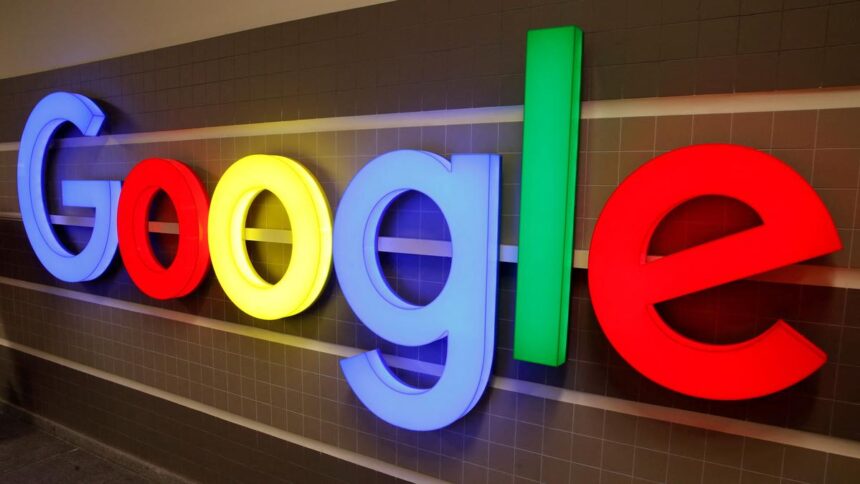
Google responded with a settlement proposal under the CCI’s 2024 Settlement Regulations, which the commission’s majority accepted.
| Photo Credit:
ARND WIEGMANN
The Competition Commission of India (CCI) has greenlit a settlement with Google, over allegations that the tech giant abused its dominant position in the Android TV market. The tech-major will pay ₹20.24 crore as settlement.
However, the ruling has sparked debate, with there being a fractured verdict. One CCI member – Anil Agrawal – sent a dissent note pointing out that the settlement falls short of addressing key concerns.
This is the first case to be settled under the amended Competition Act, wherein settlement and commitment provisions were introduced in 2023.
The majority, led by Chairperson Ravneet Kaur and Members Sweta Kakkad and Deepak Anurag, said it gives manufacturers more flexibility to customise devices and compete. The ₹20.24 crore settlement amount was calculated based on Google’s Android TV revenue, including YouTube and Play Store earnings, with a 15 per cent discount.
2020 – case
The case, initiated in 2020 targeted Google LLC, its Indian arm, Xiaomi Technology India, and TCL India Holdings.
The informants alleged Google’s agreements, notably the Television App Distribution Agreement (TADA) and Android Compatibility Commitments (ACC), forced smart TV manufacturers to pre-install Google’s apps, like the Play Store and YouTube, stifling competition.
It was claimed that these practices blocked manufacturers from using alternative Android versions (forks) and unfairly tied YouTube to the Play Store, violating India’s Competition Act.
Following a detailed investigation, the CCI’s Director General (DG) confirmed Google’s dominance in licensable smart TV operating systems and app stores, finding that TADA’s mandatory app bundling and restrictions on Android harmed competition.
Google responded with a settlement proposal under the CCI’s 2024 Settlement Regulations, which the commission’s majority accepted.
Settlement Offer
Google in its settlement offer came up with the “New India Agreement”, where it offered stand-alone license for the Play Store and Google Play Services for Android smart TVs in India, free of requirements to pre-install other Google apps like YouTube. Available for five years, this fee-based agreement will be open to all manufacturers, including those using competing systems like Tizen or Roku OS.
The tech giant also eased restrictions offering a waiver of TADA’s ACC requirement for devices without Google apps and allowing manufacturers to develop and sell Android forked devices (those running on modified versions of the operating system), including smartwatches and phones.
Existing certification process for devices will continue till 2029.
“In respect of timeline for the implementation of the Settlement Proposal, the Commission notes that Google has submitted a definitive timeline for the introduction and implementation of the New India Agreement and sending of a waiver letter in its submission dated 18.10.2024,” the CCI noted..
The Commission considers the five-year duration of the Settlement Proposal to be reasonable, as it provides a time-bound framework that facilitates effective monitoring.
Fractured Verdict
CCI Member Agrawal has dissented.
He argued that Google’s plan to continue offering TADA alongside the new agreement leaves anti-competitive practices, like mandatory app bundling and requiring Google’s button on TV remote, unaddressed. He pushed for a single, fully compliant licensing agreement to replace TADA entirely.
“I am of the view that there must be only one agreement, with or without fee, for the licensing of Google Applications in the relevant market which sufficiently addresses the identified anti-competitive issues….. the Settlement Proposal does not address… issues, it fails to inspire confidence and merits unequivocal rejection,” he said.
Published on April 21, 2025










